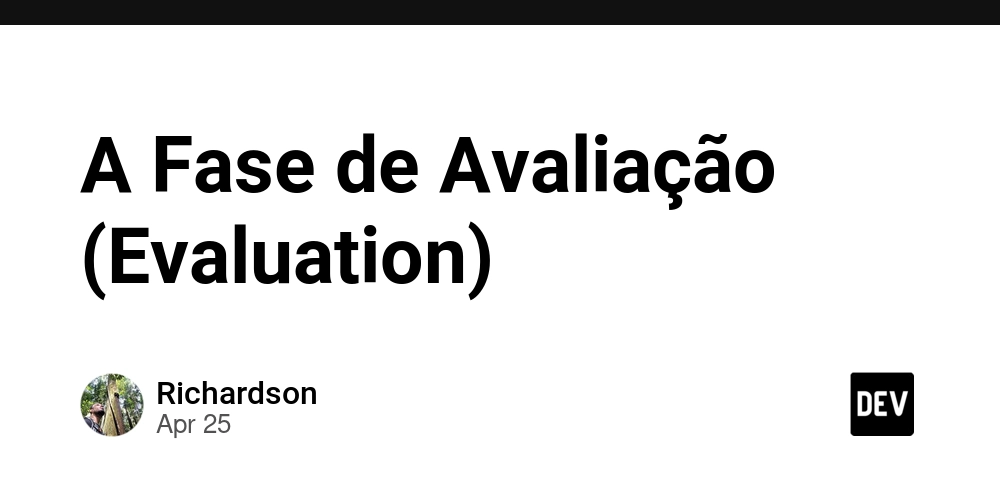AI in Education: Beyond the Hype Cycle
We just can’t get away from it. AI continues to take the oxygen out of every edtech conversation. Even the ... Read more

We just can’t get away from it. AI continues to take the oxygen out of every edtech conversation. Even the Trump administration, while actively destroying federal involvement in public education, jumped on the bandwagon this week.
Who better to puncture this overused acronym than edtech legend Gary Stager. In this conversation, he offers a pragmatic perspective on AI in education, cutting through both fear and hype. Gary argues that educators should view AI as simply another useful technology rather than something to either fear or blindly embrace. He criticizes the rush to create AI policies and curricula by administrators with limited understanding of the technology, suggesting instead that schools adopt minimal, flexible policies while encouraging hands-on experimentation. Have a listen:

So what does AI think about Gary’s POV? In the spirit of the topic, here is what Claude took away from our talk:
Key Takeaways from Gary Stager’s Interview on AI in Education
- The AI hype cycle has moved quickly from fear to excessive enthusiasm, with many people suddenly claiming expertise without substantial background.
- Educators should approach AI pragmatically – it’s “just software” that will gradually make everything better, not something to catastrophize or glorify.
- School policies on AI should be minimally invasive and flexible, allowing for adaptation as the technology rapidly evolves.
- Hands-on experimentation with AI tools is more valuable than theoretical discussions – “the difference between nothing and expert is about 15 minutes” of actual usage.
- AI should primarily benefit learners, not just teachers or administrative systems.
- Creating formal “AI literacy” curricula and standards is premature and likely counterproductive – the curriculum is already “morbidly obese” and can’t handle additional requirements.
- AI tools can serve as valuable “prosthetics” that enhance human capabilities, similar to how we use glasses without being accused of “cheating.”
- Educational technology policies are often created by people who lack understanding of the tools, resulting in restrictive measures that limit learning potential.
- AI can function as an effective copy editor, potentially improving student writing beyond what many currently produce in settings like AP English classes.
- Technology restrictions in schools (like phone bans) often fail to recognize how these tools can enhance the learning process through curation, recording, and access to information.
- The rapid pace of technological change means any fixed K-12 AI curriculum would be outdated before students complete it.
- AI presents an opportunity to rethink assignments and raise standards by making “simple things easy to do” and thereby “making complexity possible.”






































































